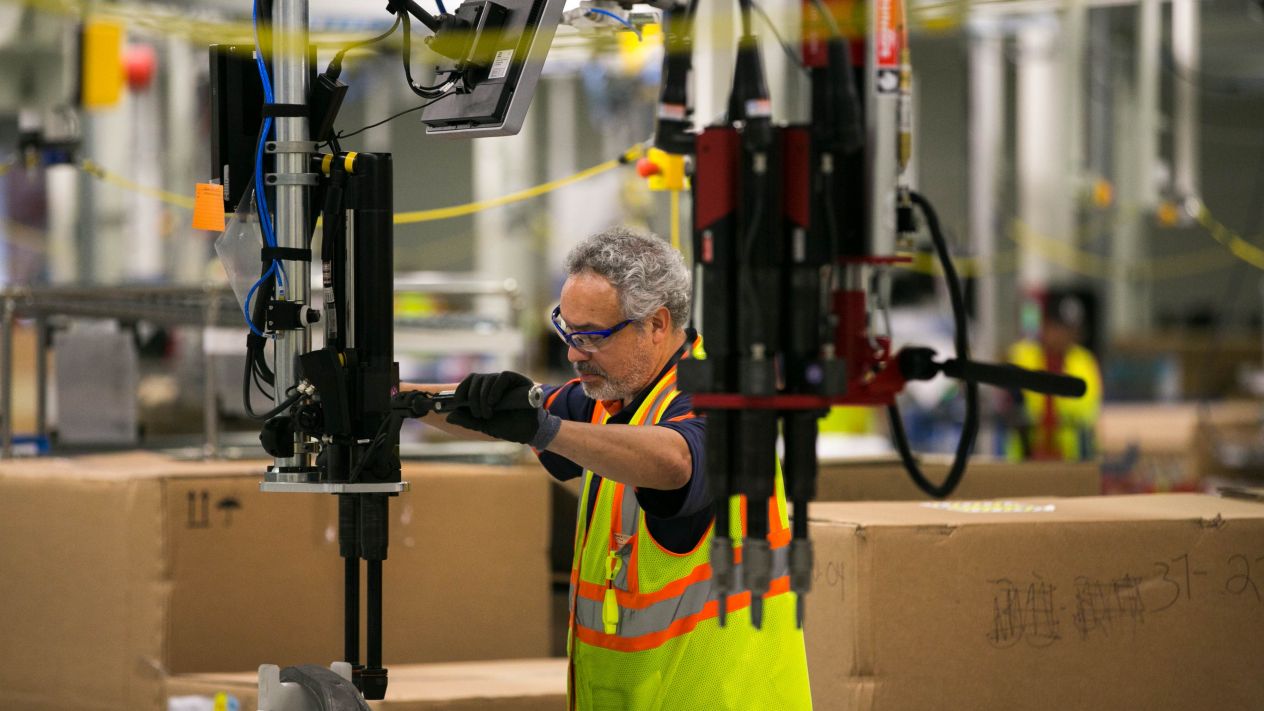Diminishing Global Trust and Support for the U.S.

On June 15, 2018, U.S. President Donald Trump broke another of his promises with the sudden announcement of 25 percent tariffs on US$50 billion of Chinese imports, reigniting a major dispute between the world’s two largest economies.
The global community has been shocked by the capricious behavior of the United States: What happened to the United States to cause such a dramatic change in prior consensus achieved by the two countries?
First, the wavering policy of the United States undermines its reputation as a “responsible” big country. The strategy seems like “drunken boxing,” wildly swinging in the air, and its head of state seems to be playing drunk and unaware of the rules of the game, which has triggered considerable insecurity and uncertainty in the normal operation of many other countries, China included.
This development is causing a big headache for the entire world, but apparently there are no checks on rule breaking. Therefore, China must carefully address the irresponsible acts of the United States and guard against related harm to the interests of Chinese people in the long term.
Furthermore, the United States has behaved so aggressively and unreasonably that its actions reflect the contempt and discrimination that a handful of U.S. politicians have for China's sovereignty. For example, it tries to set the rules for China to make less talk and acts and even warns China not to fight back in the trade war, otherwise it will impose more tariffs.
Actually, such overbearing demands in international relations are quite rare, which has even gone beyond the “tariff issue,” but offending the dignity of a sovereign state.
Second, a series of dishonest acts by the United States have started a new battle on the “national credit war,” in addition to the “trade war.”
Actually, Washington's contradictory behaviors are not consuming but wasting its national credit. Its wavering policy and dramatic change of attitude on trade has seriously breached the international trade rules, which greatly damaged the reputation and credibility of the country.
It seems the United States has something to gain from imposing some tariffs, but in the long run, it will lose the trust and support of the international community and become isolated from other countries, which will ultimately result in a permanent wound and massive losses for the United States.
It’s a shame that none of the many able elites of the United States have been able to diagnose and reverse this dilemma. A lifetime of brilliant work can be destroyed by a moment of stupidity. The U.S. is facing just such a historical embarrassment. Therefore, it needs a sound system or a rational policymaker to “set things right.” The world also hopes for such a miracle to happen.
Now, the United States has launched a “one against many” trade war against China and the world, which has left it in gross violation of current international trade rules as it attempts to create a new trade system.
In fact, the existing WTO was set up by the United States to control world trade, but the country now thinks the organization no longer meets its development needs. Therefore, it is entirely possible for the United States to adopt an “abandon first, then reform” model to perform “thorough surgery” on the existing WTO. Some senior U.S. officials have opined that the “one country, one vote” rule of the WTO is outdated and not supportive of the interests of the United States.
Therefore, China must prepare for a worst-case scenario by enhancing its ties with other WTO countries to form a “community with a shared future,” which will prove an indispensable strategy to prevent and reduce risk from possible destructive action by the United States against the WTO.
Special attention must also be placed on the true purpose of the trade war launched by the United States. By analyzing various factors, it seems possible that the United States could follow in Britain’s footsteps in exit from the European Union—the United States could leave the WTO so it can play by whatever rules it likes to better leverage its advantages and solidify its unipolar status.
The trade dispute between China and the United States is sure to take up a thick chapter in future textbooks of world economy development in this century.
The issue now transcends the trade deficit to involve international politics, economics, global trade, national credit, international rules and many other important areas such as dispute settlement, trading psychology and multilateralism.
The United States is eager to win in the “tariff war” to enhance its domestic morale and win public support. But China has the advantage of time. So, China will likely calm down, preserve its strength and rationally respond to capricious U.S. policy to maintain a fair international market and a sound international trade order, which will in turn minimize the negative impact of the trade war on China and the world economy.
The author is a senior research fellow of Chongyang Institute for Financial Studies at Renmin University of China.
